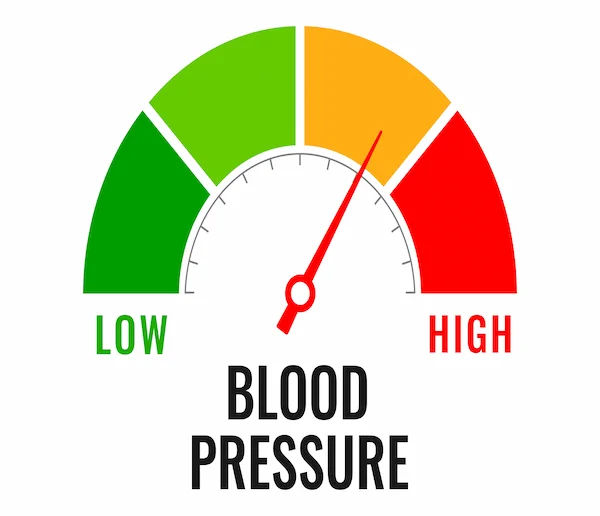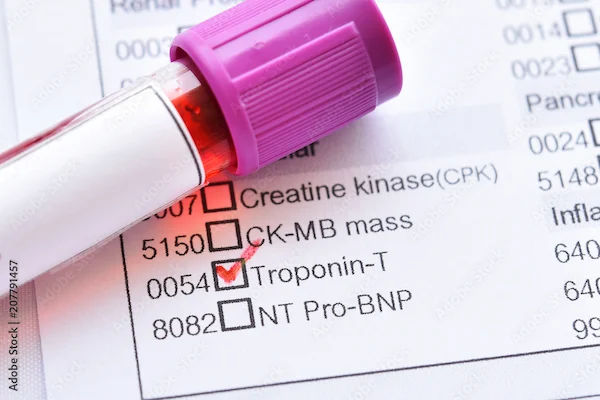- male
- 65 Years
- 29/01/2025
What's the deal with moderate left ventricular (LV) function if the LVEF is 45%? My dad had an Inferior Wall Myocardial Infarction (IWMI) last week. Any advice on what this means for his heart health and what steps we should be taking?
Answered by 1 Apollo Doctors
Moderate LV function means that the left ventricle of the heart is not pumping as effectively as it should be. An LVEF (Left Ventricular Ejection Fraction) of 45% indicates that the heart is pumping out 45% of the blood with each heartbeat, which is slightly below the normal range (55-70%). For your father's condition following an IWMI (Inferior Wall Myocardial Infarction), it is important to manage his heart health carefully. He may benefit from medications such as ACE inhibitors like Enalapril 5mg once daily, beta-blockers like Metoprolol 25mg twice daily, and statins like Atorvastatin 20mg once daily to help improve heart function and prevent further complications. Additionally, lifestyle modifications such as a heart-healthy diet, regular exercise, and stress management are also important for his recovery. Regular follow-up with a cardiologist is essential to monitor his heart function and adjust treatment as needed.
Dr. Shubham Suggests...
Consult a Cardiologist
Answered 04/07/2025
0
0

More Cardiology Health Queries
View allI'm feeling really confused about something. My ECG says I have LAD, but I'm not experiencing any symptoms, and both my echo and TMT came back normal. I haven't been diagnosed with LAH, BLBB, or LVH. So, why would I have LAD? I've attached my ECG if that helps. Can someone explain what's going on here?
Based on the information provided and the attached ECG, it appears that you have been diagnosed with Left Anterior Descending (LAD) artery involvement. In this case, it is important to focus on managing your cardiovascular health. I recommend starting treatment with Aspirin 75mg daily to prevent clot formation in the arteries. Additionally, you can take Atorvastatin 20mg daily to help lower cholesterol levels and reduce the risk of further artery blockage. Regular follow-up with your healthcare provider is essential to monitor your condition and adjust treatment as needed.
Answered by 1 Apollo Doctors
I'm really struggling with a lot of chest pain whenever I breathe, and it's making me pretty anxious. I was wondering if you could suggest any home remedies or health tips to help ease this discomfort. Would appreciate any advice or tips you have!
then do one chest xray and take any pain killer
Answered by 1 Apollo Doctors
I'm wondering if you can help me understand what's going on with my blood pressure. It's been fluctuating a lot, sometimes shooting up to 180 over 110, and my pulse rate gets really high too. My heart and sugar levels are fine, but this blood pressure issue is worrying me. Do you have any advice or medication suggestions to help stabilize it?
Visit your Physician for evaluation and appropriate management
Answered by 1 Apollo Doctors
Disclaimer: Answers on Apollo 247 are not intended to replace your doctor advice. Always seek help of a professional doctor in case of an medical emergency or ailment.





